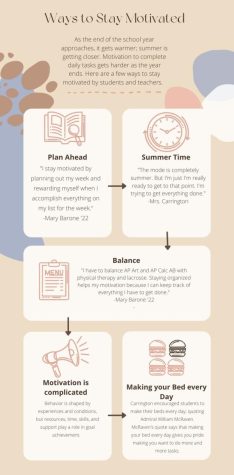Self Image in Entertainment
Our culture has become obsessed with appearance, weight, and body image. Body image is how you form an image in your head when thinking about your body or appearance. It also correlates to how you believe others view you. It is easy to feel bad about yourself after watching the latest TV show or movie, which feature the tall, beautiful actresses and actors. It’s easy to feel bad about yourself after seeing commercial after commercial marketing the newest diet pill, or anti-wrinkle cream, or even acne medications. These commercials and movies all star extremely thin and attractive people, and as a result oftentimes people buy the products being advertised because they want to look like the person on the screen. Tricks like these not only get people to buy a product but simultaneously destroy self confidence and promote negative body image. By making products such as these so accessible and appealing, people start to believe that they need them, when 10 minutes before they hadn’t been thinking about their appearance at all. Hollywood also plays a part in creating negative body image. How often do we see someone overweight, or someone with crooked teeth or acne up on the big screen? Occasionally, yes, but not often enough to remind audiences that this is what normal, everyday people look like. Our culture has become so wrapped up in what has been designated as beautiful that they don’t always appreciate their own beauty. Having role models that reflect the image of everyday people would be beneficial for everyone and promote positive body image.
However, not all of hollywood conforms to these expectations. Sophia Bush, an actress, promotes healthy living everyday. She regularly inspires young women to have a healthy body image. A few years ago, Urban Outfitters released a t-shirt that read “Eat Less.” Enraged that a company that caters primarily to young women would print such a slogan onto a t-shirt, Bush spoke out against the company in a letter, saying ” You should issue a public apology, and make a hefty donation to a women’s organization that supports those stricken with eating disorders. I am sickened that anyone, on a board, in your gigantic company would have voted yes on such a thing, let alone enough of you to manufacture an item with such a hurtful message. It’s like handing a suicidal person a loaded gun. You should know better.” Having people like Bush as role models is good for impressionable teens and young adults.

Alaina is a sophomore at Padua Academy. She is a member of Student Council and runs cross country, winter track, and spring track. Alaina is hard-working...












